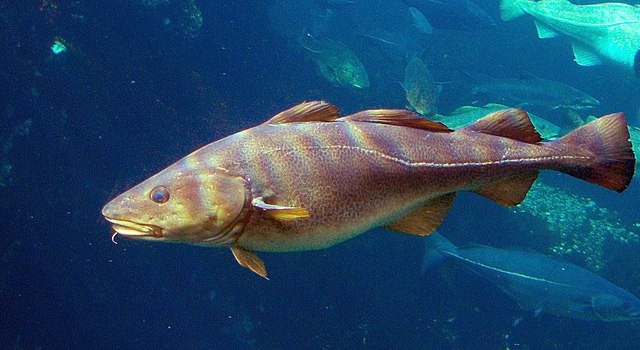Despite a looming 3-month fishing ban in the North Sea, Scotland’s cod harvesting in Shetland is at its five-year best.
Shetland Inshore Fish Survey (SIFS) on January 22, 2024 showed that local cod catches in 2023 were the highest since 2018. The survey also predicted enough stocks for the 2024 fishing season.
This good news comes just when the European Union (EU) is imposing an Europe-wide ban on cod fishing in the North Sea. The moratorium, which officially begins February 14, aims to protect the species during the spring spawning period.
Though Scottish fishermen could look for cod in Iceland, the North Sea ban will still negatively impact their income.
Fallback on Squid
However, fishermen could fall back on squid, whose catches have also been up since 2018, according to SIFS.
SIFS cites that the squid harvest rate in Shetland increased from 11 kilograms/hr in 2022 to 13 kilograms/hr in 2023.
The survey, however, covered only shallow waters. Picking on this trend, Daniel Lawson of Shetland Fishermen’s Association suggested diversifying from cod to squid for Shetland’s inshore fishing boats.
North Sea Cod Stocks Recover
All in all, cod is still recovering in the North Sea and fishermen could return there after the 12-week spawning season.
For one, the Scottish White Fish Producers’ Association praised Scotland’s cod fishing closures during spawning. The association said the move has returned stocks back to sustainable levels. The state annually closes 50,000 square miles of the surrounding sea to help with cod reproduction.
Though still below the 1970s’ peak of 270,000 tonnes, cod numbers could now be above the 2006 levels of just 44,000 tonnes.
This sustainability commitment by Scotland could further revamp stocks in combination with the oncoming EU ban. Incidentally, the EU ban will also protect other white fish such as plaice that move with schools of cod.
This move could impact UK’s Total Allowable Catches (TAC) quota, which increased to 130,000 tonnes per year in December 2023. The ban could eat up as much as 50% of TAC for the UK’s cod fleet in EU waters.
The good news, ultimately, remains that the cod recovery process is on course despite income loss for fishermen.
